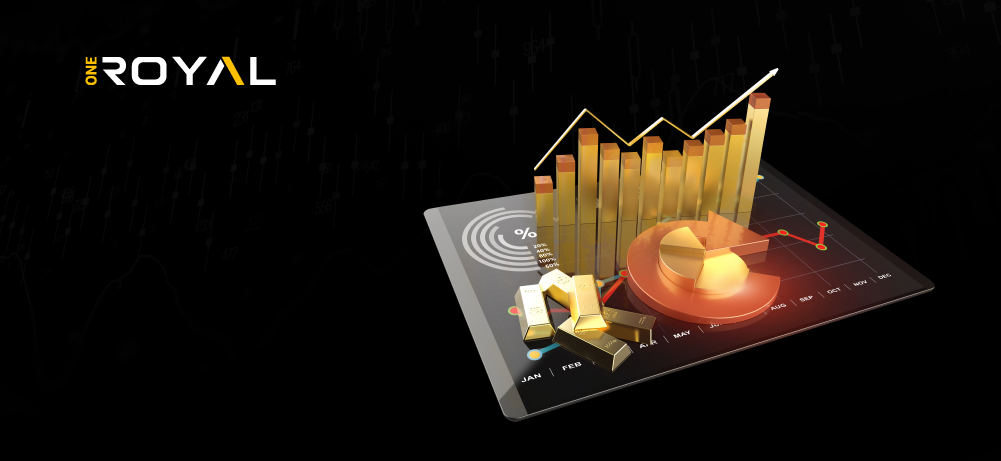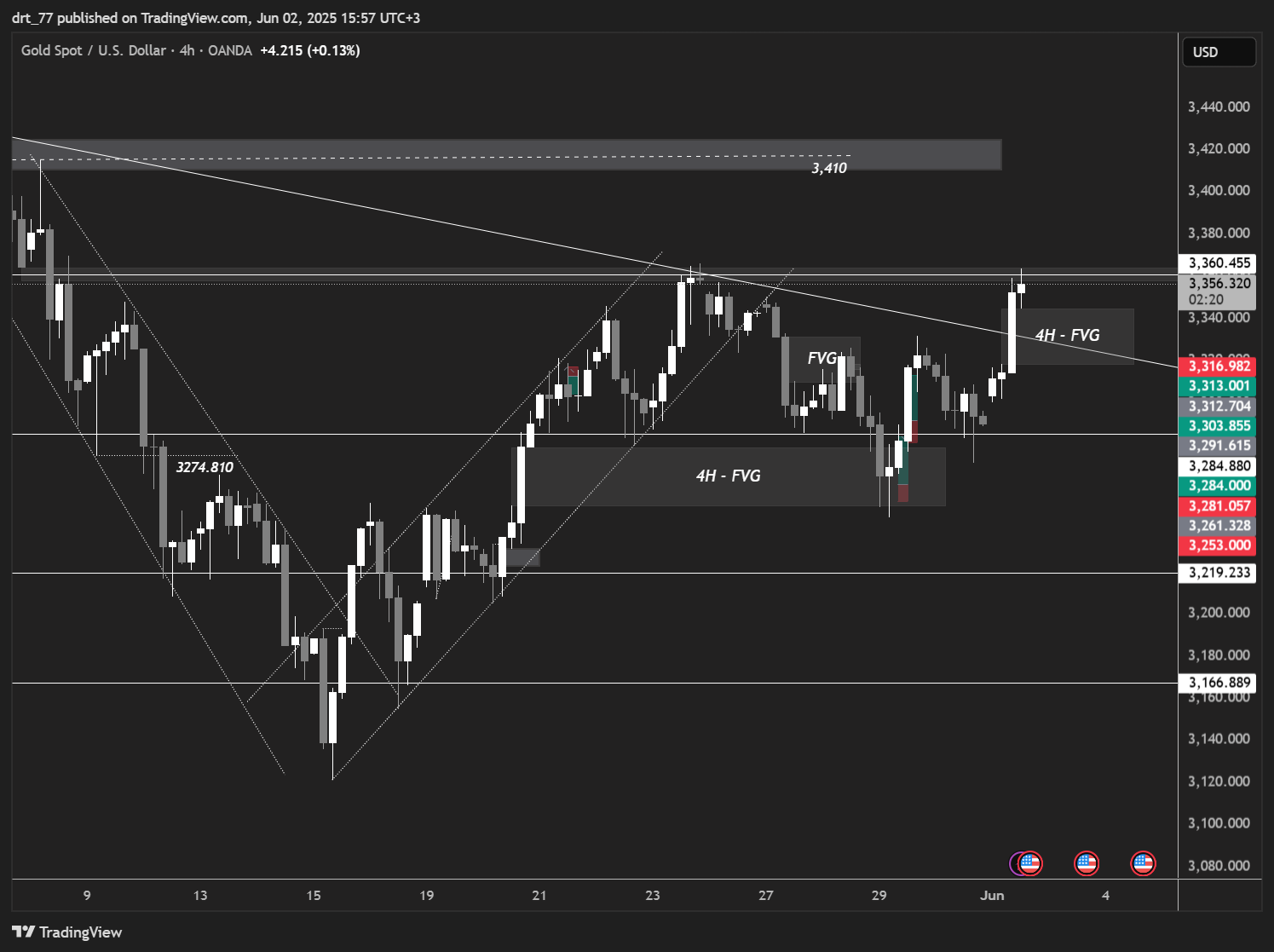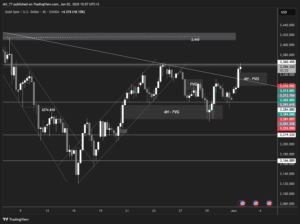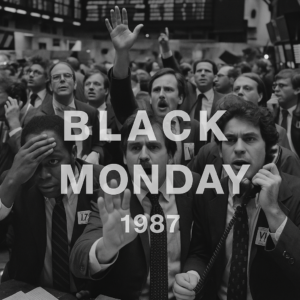The economy is one thing but it does not explain everything.
The geopolitical situation of a country can have strong influences on the markets, whether it impacts commodity prices or investor appetite.
Among the different ways to approach the markets and analyze them, traders will use fundamental analysis.
What Is Fundamental Analysis?
As its name suggests, it is the study of everything related to the fundamentals of the market studied, that is to say, its very nature, what constitutes it, its operating principles, the supply and associated demand, the economy around the underlying asset.
A market whose fundamentals are good or improving will tend to appreciate. On the contrary, if these same data are bad or deteriorating, prices will tend to fall.
The fundamental analysis, therefore, aims not only to analyze the current situation but also and above all to try to predict future states of the market, and to take positions accordingly.
Fundamental analysis encompasses in itself various distinct themes, among which is geopolitical analysis.
The Economy Is One Thing But It Does Not Explain Everything
The geopolitical situation of a country can have strong influences on the markets. In addition, the direct action of governments or central banks can have a strong impact on the currency, interest rate and commodity prices. Tensions between countries, wars, embargoes, are all elements to be taken into account and which influence the markets.
When an unexpected event such as a natural or geopolitical disaster occurs, the first reaction of traders is always the same: close positions.
Markets react to such events extraordinarily quickly: the combination of uncertainty, confusion and fear leads to panic exits. Continuous news channels captivate investors, and traders lose sight of the real context. It’s a tricky mental state, and when the market starts to move, everyone wants to get out of it.
The advantage for the well-informed trader is that it is not necessary to keep a cool head to react well in this kind of situation since the outcome is always the same: resisting panic remains the best way to have a good trading experience in CFDs. Unless it is World War III, the market will inevitably bounce back.
The Example Of Oil
Some markets are totally dependent on the evolution of geopolitics, especially the commodity markets. It is easy to verify this by opening oil prices over a 15-year horizon, on any reliable and regulated broker, and verifying that the moments of conflict in the countries of the Middle East have always corresponded to a spectacular progression of oil prices.
The investor thinking mechanism is simple: if the oil-producing countries are close to or involved in armed conflicts, then this can have an impact on oil production, which will therefore generate a phenomenon of scarcity is therefore mechanically an increase in the price.
The most current example is linked to the Russia-Ukraine conflict. On February 25 this year, following the invasion of Ukraine by Russian troops, Brent oil shot up 7% to reach USD 104 for the first time since 2014 and natural gas up by 40%.
The Example Of Precious Metals
If we take our previous example, we see that geopolitical conflicts can also advance certain stocks or currencies that are considered to be safe havens.
This is particularly the case for precious metals such as gold or silver, which also progress strongly in the event of major geopolitical conflicts.
Also, following stock market news from a geopolitical point of view is an essential step for any investor who would like to have crucial information to be able to better understand the evolution of the financial markets.
Disclaimer: This article is not investment advice or an investment recommendation and should not be considered as such. The information above is not an invitation to trade and it does not guarantee or predict future performance. The investor is solely responsible for the risk of their decisions. The analysis and commentary presented do not include any consideration of your personal investment objectives, financial circumstances or needs.





